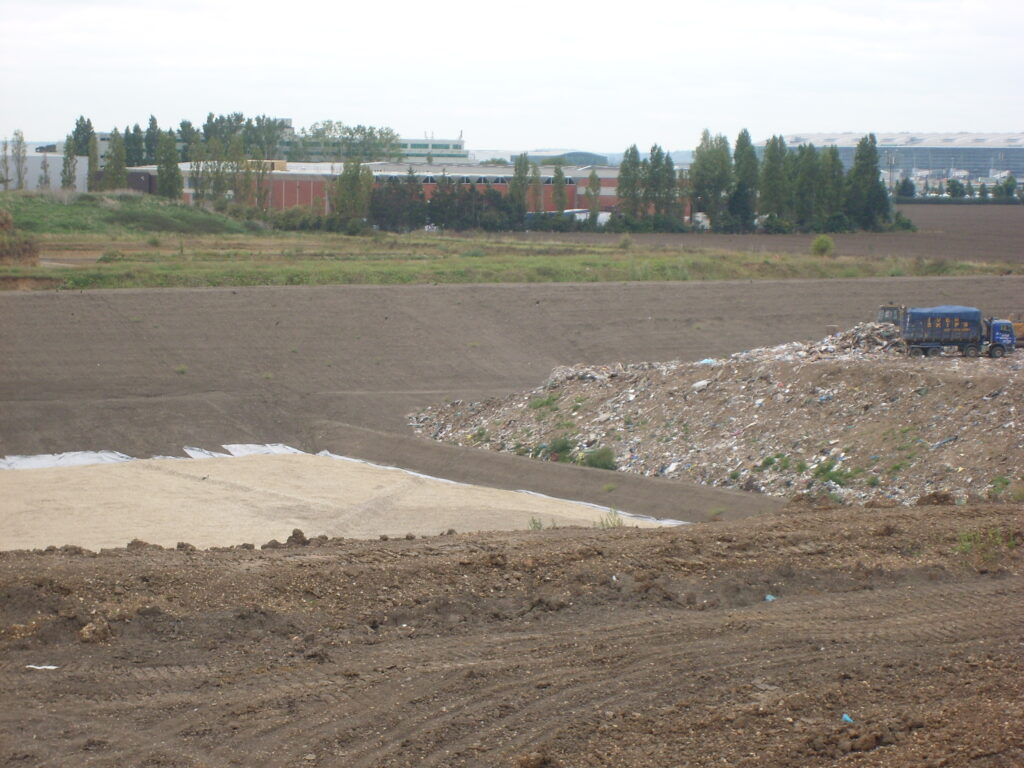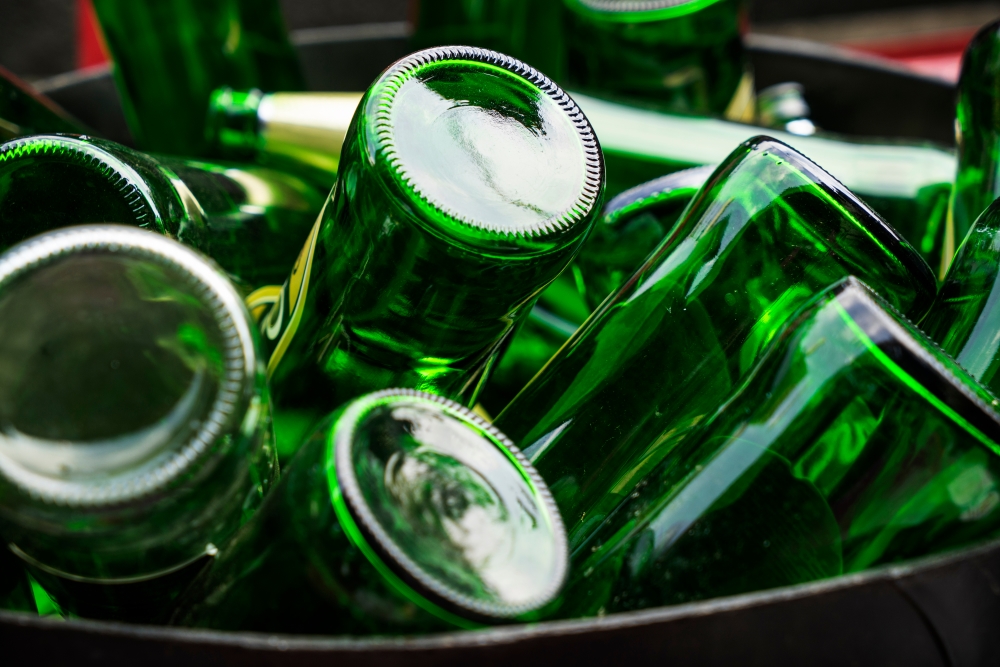Warnings in the documents include that hot summers, some 7 degrees higher than average and reaching 40 degrees Celsius, could lead to more dust, odours and pests at waste sites.
The documents, published this week, explain that they are updates on previous risk assessments in light of the high temperatures seen in the hot summer of 2022 and the intense storms that affected parts of the UK.
Explaining the purpose of the example risk assessments, the Agency said that they now provide additional impacts and suggested mitigations.
Management system
Environmental permits for waste and recycling businesses require a written management system. The management system, explains the Agency, is “a set of procedures describing what you will do to minimise the risk of pollution from the activities covered by your permit”.
Individual documents for the various types of waste management activities identify the potential impacts of hotter summers.
Landfill
For landfills this includes potential overheating or failure of critical landfill gas pumps, control equipment and infrastructure.
The guidance notes impacts could be: “Increased thermal expansion of landfill gas pipework resulting in movement which will induce stress and strain on wellheads. Possible increased risk of air ingress and condensate blockages due to low spots on pipework,”.
And, there is a warning of overheating of landfill gas engines resulting in reduced efficiency and lower collection unless additional flaring is used. The mitigation for this could be to:
- review procedures, maintenance and contingency plans
- make sure that adequate flaring capacity is available
Landfills are also warned that hotter summers could mean the presence of more disposable barbeques which could catch alight and preparatory measures should be in place.
Metals recycling
Metals recyclers are warned of a potential for increased waste reactions and fires involving:
- heat sensitive or combustible waste oil
- contaminated swarf
- frag light fractions
- oily rags
The mitigation for this, says the Agency, could include making sure heat sensitive wastes are stored in protected areas (for example, in shaded buildings or under cover) and making sure there is suitable segregation and separation of wastes
Food waste remaining in cans sent for recycling has proved an issue in recent years and hotter weather could make this worse, the Agency suggests.
It cautions that stockpiled metal food and drink containers could attract pests and odours.
The food in cans mitigation could include:
- robust waste acceptance procedures to prevent excessively odorous or insect infested loads being deposited at the site
- housekeeping measures to make sure waste is turned around rapidly, storage areas and bays are cleaned and washed down regularly
- treating waste with insecticides and so on to reduce the risk of flies and pests (where appropriate)
Guidance
Other waste areas included range from biowaste to inert. For further guidance, see the links below.











Subscribe for free